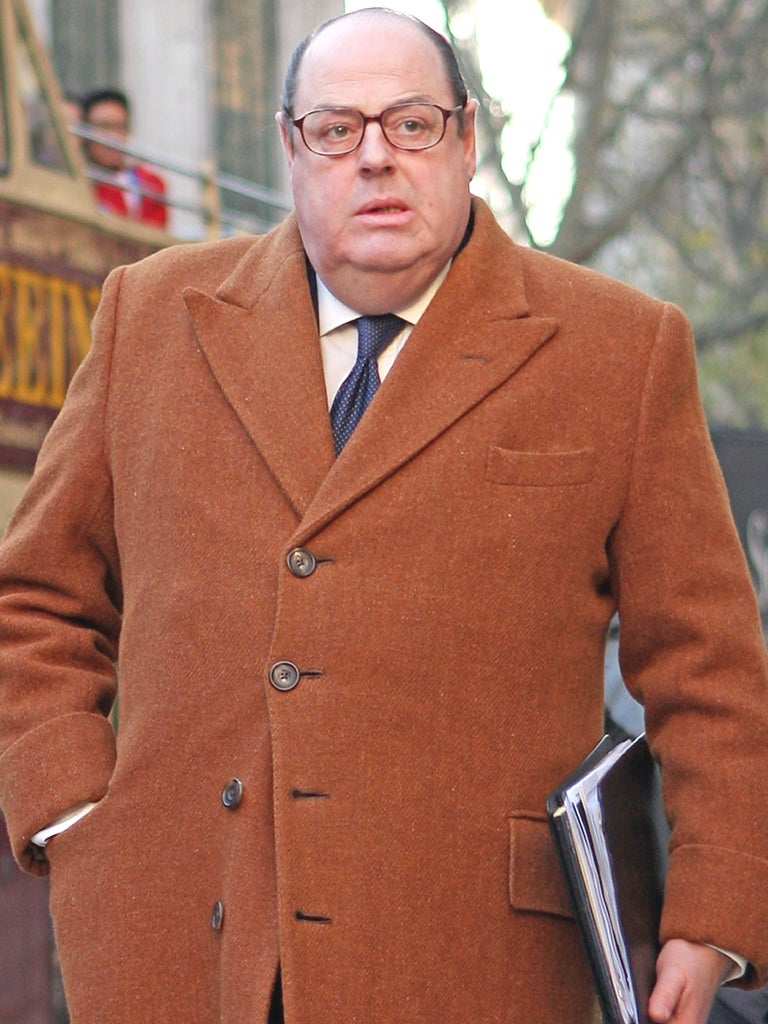Diary: A department that hasn't lost its marbles

When lovers of antiquity are locked in conflict with an order of nuns over whether a beauty spot should lose its marbles, you can understand why government ministers might not want to get involved. The argument is over part of the unique collection of Roman marble statues and busts assembled by the 18th century art collector Henry Blundell, most of which are safely housed in the National Museum Liverpool, but about 100 of which are in niches in the grounds of Ince Blundell Hall on Merseyside.
The hall is a care home for the elderly and terminally ill, run as a charity by Augustinian Canonesses, who have applied to Sefton Council for permission to "remove, repair and replace" the sculptures, valued at £10m or more, on the grounds that they are at risk from weathering and criminal damage. English Heritage was prepared to back the application, if the nuns would agree to a year's delay to see whether money could be raised for the statues to be acquired for the nation. That provoked an angry letter to the Daily Telegraph just after Christmas from the Society of Dilettanti, an elite society dedicated to preserving classical art.
"What do English Heritage think they are doing? They are meant to be protecting heritage not destroying it," the society's joint secretary, Charles Sebag-Montefiore, protested.
The Tory MP Nicholas Soames agreed, and tabled a written question in Parliament, urging the Department of Culture to step in and order English Heritage to make sure that the statues stay where they are.
Since then, the nuns have turned down the suggestion of a year's delay, opening up the possibility that the statues could soon be up for sale to the highest bidder. English Heritage is therefore opposing the application, though they agree that some of the statues are in such a poor state that they should be removed immediately for the sake of conservation.
This week, the Culture minister John Penrose has delivered the Government's considered position on the matter. To paraphrase, their view is "nothing to do with us", or to quote Mr Penrose, "the decision rests with the local authority".
Did he honour and obey on guest list?
Robert Hardman, author of Our Queen, the first of several books brought out to mark this year's Diamond Jubilee, says that the day after Prince William's engagement to Kate Middleton was announced, the groom was presented with a list of more than 700 names of people he "had to invite" to the wedding but as he later put it – "I didn't know any of them."
So he asked his grandmother, who told him to "bin that list" and make another, starting with his friends.Which does not entirely explain how ambassadors from Burma, Syria and Zimbabwe and Kate's former cocaine-using uncle Gary were all invited, but Tony Blair and Gordon Brown were not.
Alex pays up like oridinary Folkes
Nick Clegg is complaining about his party's plan to introduce a "mansion tax" – so that those of us who do not live in mansions might pay a little less council tax – are being stymied by the Tories. While he is getting nowhere with that, he might like to turn his attention to people who do not pay any council tax at all.
Alex Folkes, deputy leader of the Liberal Democrat group on Launceston Council in Cornwall, has been a notable offender. Magistrates have just ordered him to stump up £793.62 to cover council tax bills he failed to pay during 2010. He has apologised and promised to keep up to date with payments hereafter.
Times should delve deeper into archive
The Times ran a magisterial editorial yesterday ahead of the appearance of the newspaper's editor, James Harding, at the Leveson Inquiry. The thesis was that "looking back over the past decade, it is clear that the biggest failing of the press has been to tell its readers too little, not too much. In examining the alleged threat posed by Iraq in the run up to the war... the newspapers did not delve nearly deeply enough."
An example, I suppose, of this failure to delve deeply would be this sentence from a leader column of a newspaper on 20 March 2003, justifying the invasion that was then under way – "What makes action imperative and urgent is his (Saddam Hussein's) arsenal of banned poisons and, possibly, illicit nuclear materials. The issue is that of weapons of mass destruction." The newspaper that exhibited this certainty that the weapons were there was The Times.
Tanni talks turkey on disability cuts
Quote of the day, from Tanni Grey-Thompson, baroness, spina bifida sufferer and former athlete, speaking against planned cuts to disability living allowance in the House of Lords yesterday: "You can't fit disabled people into boxes."
Subscribe to Independent Premium to bookmark this article
Want to bookmark your favourite articles and stories to read or reference later? Start your Independent Premium subscription today.

Join our commenting forum
Join thought-provoking conversations, follow other Independent readers and see their replies